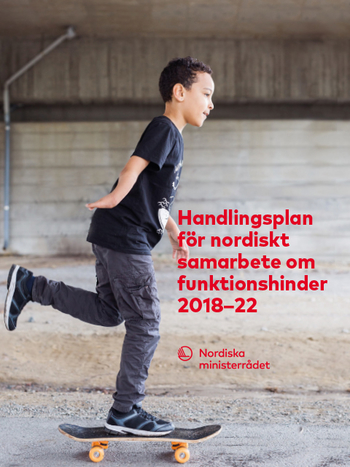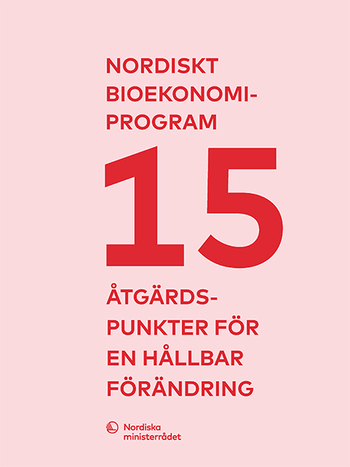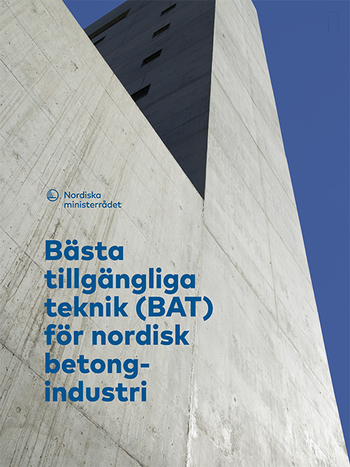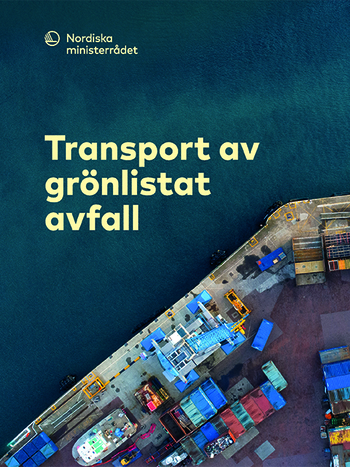NARP Highlights
Contributions of the Nordic Arctic Research Programme

Information
Utgivningsdatum
Beskrivning
The aim of the Nordic Arctic Research Programme (NARP) was to enhance Nordic competence and research co-operation in three priority areas: Natural Processes - Land, Sea and Atmosphere, Biological Diversity and Environmental Threats in the Arctic, and Living Conditions of the Inhabitants of the Arctic. In this publication, we introduce the programme and some research results as a series of short highlights provided by the project coordinators, to illustrate the diversity of the accomplishments by the Nordic Arctic scientific community. Outstanding work on a variety of Arctic issues has been done throughout the programme. The Nordic Arctic Research Programme supported especially networking and mobility between several research groups. A great number of young students have greatly benefited from their study visits in Nordic laboratories, and there is an urgent need to find funding for further collaboration. Also, co-operation with researchers from the Faroe Islands, Greenland and Iceland has increased during the programme. The programme included 63 projects focusing equally on the above-mentioned three priority areas. It has become clear during the course of the Nordic Arctic Research Programme that there is still an urgent need for multidisciplinary scientific Arctic studies in the future. Especially the trends and amplitudes of environmental change in the Arctic region are still poorly recorded, and many feedback processes of change are not fully understood. The rapidly changing socio-economic conditions in the Arctic require further scientific attention. More scientists and especially young talented people should be involved in Arctic science in the future. The programme was carried out during the period 1999-2003 and finalised in 2004. The annual budget was 6.2 million DKK, amounting to a total of 31 million. The programme hence provided a particularly good opportunity for Nordic cooperation and networking of research. The secretariat of the programme worked in Thule Institute at the University of Oulu. More information is available at http://thule.oulu.fi
Publikationsnummer
2005:450




